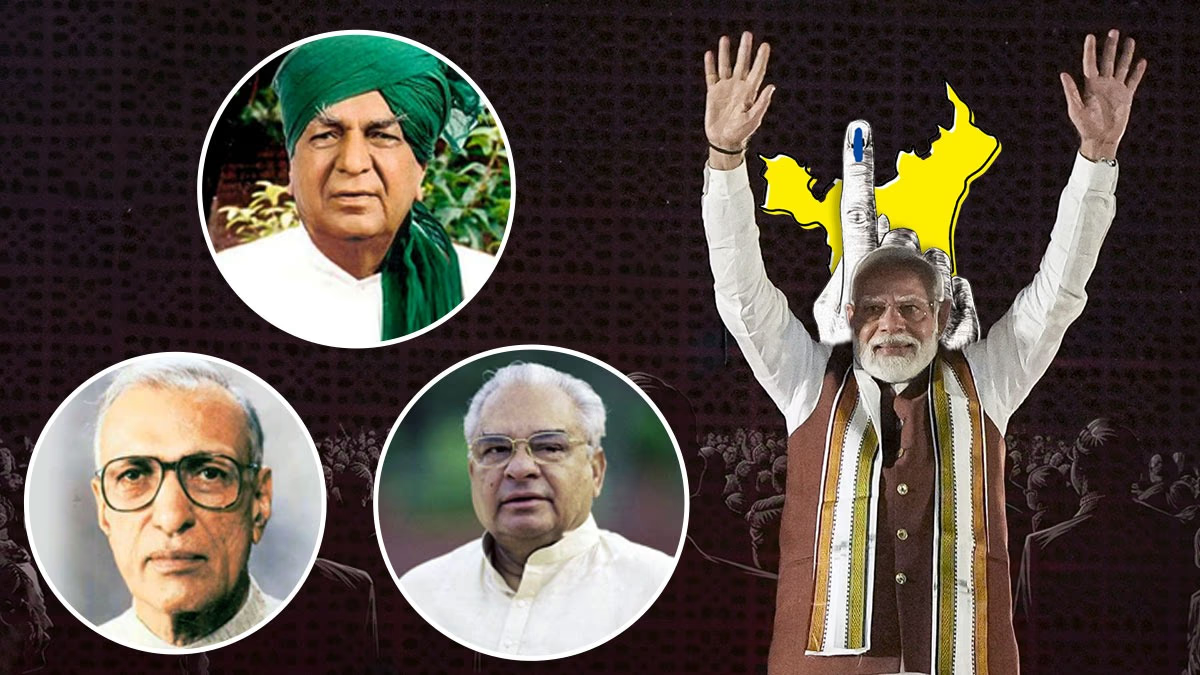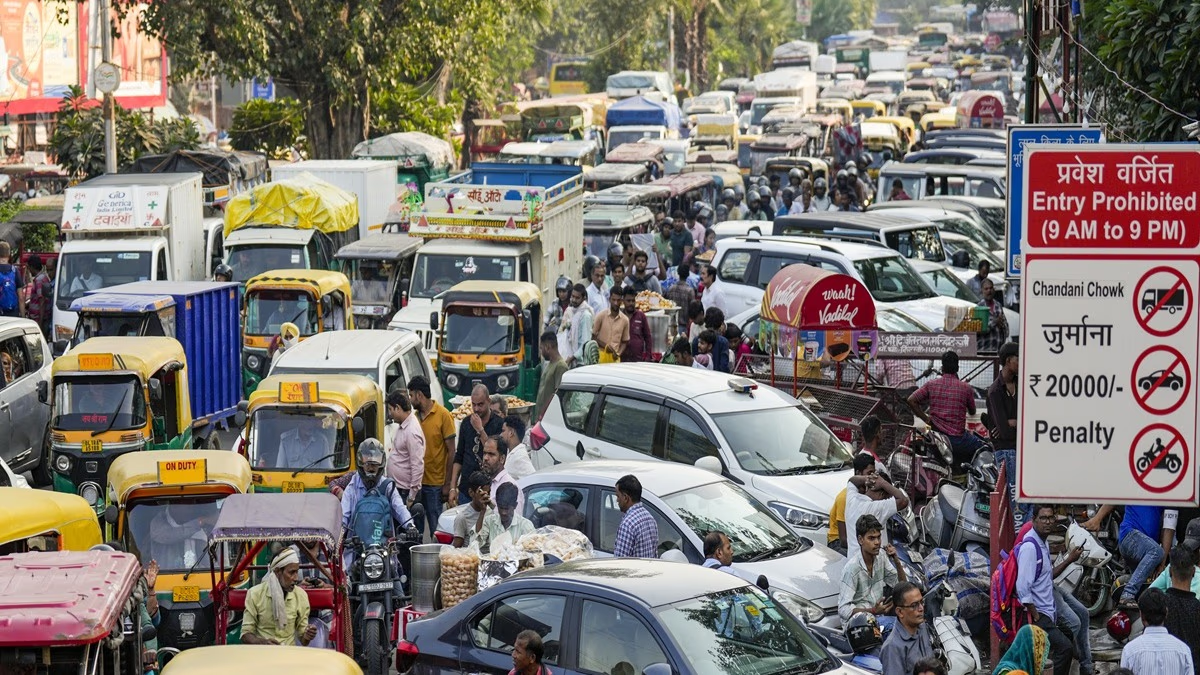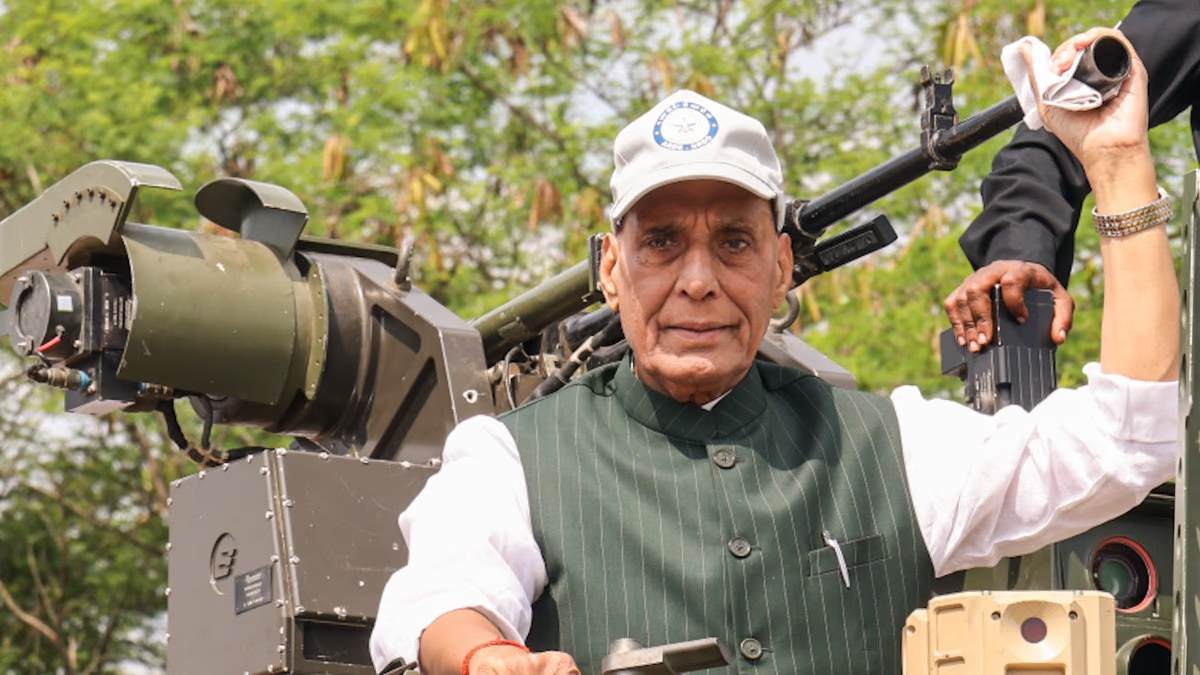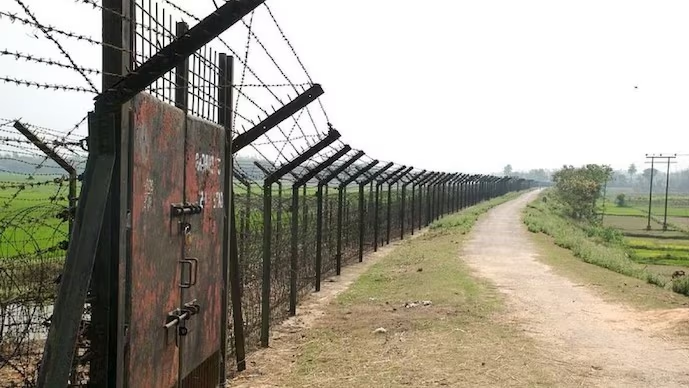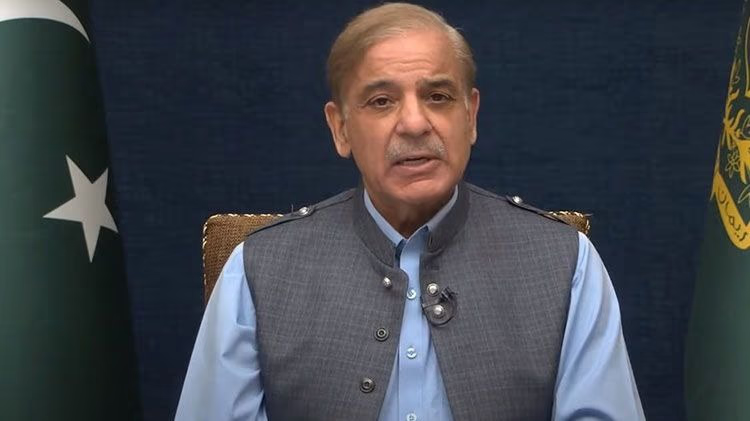'Lal' has been a famous brand in Haryana's politics. Bansi Lal, Devi Lal, Bhajan Lal are names that dominated state politics. When the 'Lals' ruled the political scene, BJP was just a junior ally, eager to plant its roots in the politics of farmers, wrestlers, and soldiers in Haryana.
There was a time when the Indian National Lok Dal (INLD), which kept BJP as an ally, played the 'Big Brother' role. BJP workers often accused INLD leader Om Prakash Chautala of misbehaving. INLD, founded by socialist Devi Lal, was later led by his son, Om Prakash Chautala.
Chautala Showed Khattar the Door
According to a BBC report, Om Prakash Chautala, during his tenure as CM, once showed BJP’s Haryana organizer and future CM Manohar Lal Khattar the door at the CM suite in Haryana Bhavan, Delhi. Khattar was there to discuss coalition matters. This political rivalry persisted, with Chautala labeling Khattar as a nuisance for Haryana, likening him to stray animals recently.
Om Prakash Chautala, carrying forward his father Devi Lal's political legacy, chose his village's name over 'Lal,' becoming Chautala for local identity. He set political records, serving four terms as CM.
'Won't Shave Until Bansi's Government Falls'
Another story dates back to 1999 when the BJP and Haryana Vikas Party shared a weak government under CM Bansi Lal. Visiting to meet Bansi Lal, Khattar was redirected with a message implying an unnecessary meeting. This snub agitated Khattar, who vowed not to shave until Bansi Lal's government fell. His wish fulfilled when support withdrawals led to Bansi Lal's government collapse in July.
These tales illustrate the fierce competition BJP faced in establishing a foothold in Haryana's political scene.
How BJP Created Space for Its Ideology
So, how did BJP manage to create a niche for its ideology among veteran Haryanvi figures?
Before 2014, Haryana's political landscape was dominated by Congress and regional players like INLD. Congress's long reign saw rising voter discontent over corruption and governance, giving BJP an edge. The rise of Haryana Vikas Party under Bansi Lal further added to BJP's challenges.
BJP's first independent government in Haryana came in 2014, riding on PM Narendra Modi's influence and ending the decade-long reign of Jat leader CM Bhupinder Singh Hooda. A strategic breakthrough came when BJP secured 47 seats, shocking political analysts.
2000-2009: A Series of Setbacks
The years leading to 2014 were challenging for BJP. Despite a national presence and Delhi's proximity, BJP managed only 6 seats out of 29 contested in 2000, with 8.94% votes. The 2004 elections saw a dismal performance, securing just 1 seat and 11.90% vote share.
By 2005, contesting all 90 assembly seats, BJP faced a severe defeat, winning only 2 seats despite an increased 10.36% vote share. The 2009 election erased BJP from Haryana's political map, winning no seats in both Lok Sabha and Assembly elections, with a reduced 9.04% vote share.
BJP's Strategic Path Forward
In 2014, BJP marked a turning point, clinching 7 out of 8 Lok Sabha seats and then 47 assembly seats with a significant 33.2% vote share in Haryana.
By 2019, BJP hit a 100% strike rate in Haryana's Lok Sabha elections, winning all seats with a 58.02% vote share. Despite anti-incumbency, BJP won 40 assembly seats, increasing its vote share to 36.49%.
CM Manohar Lal Khattar formed a government with JJP's Dushyant Chautala. The junior ally role had shifted; BJP was now the senior partner in a coalition with Devi Lal’s family.
The 2024 Haryana assembly elections became historic for BJP, winning 48 seats with a 39.94% vote share, marking its highest performance despite setbacks in the previous Lok Sabha elections.
Tasting Success with Haryana's Inception
With its establishment in 1982, BJP made strides in Haryana's politics, securing 16 out of 20 seats in its 1987 debut. Despite political dominance by Congress and Lok Dal, BJP's strong performance foreshadowed its future prowess.
However, the 1991 elections were discouraging, with BJP winning only 2 out of 89 seats. By 1996, focusing strategically, BJP won 11 out of 25 contested seats, appealing with an 8.9% vote share.
